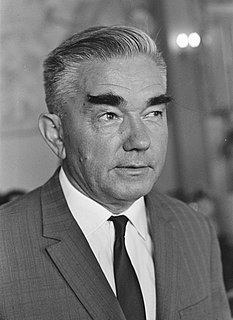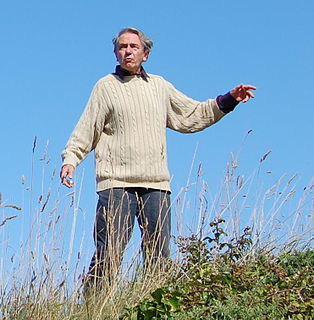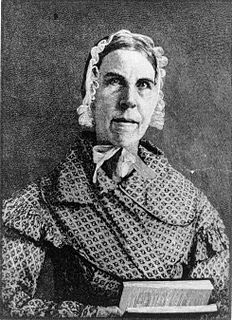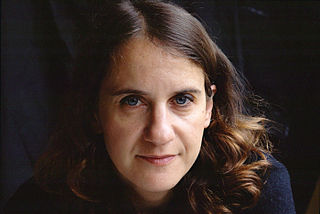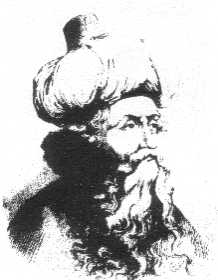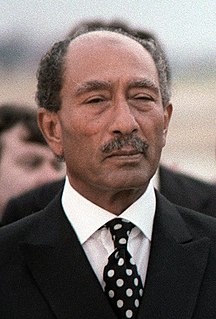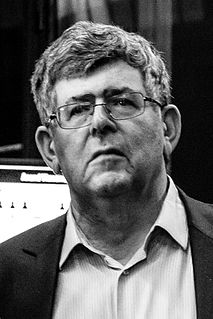A Quote by Alexander Kotov
Experience and the constant analysis of the most varied positions builds up a store of knowledge in a player's mind enabling him often at a glance to assess this or that position.
Related Quotes
To speak only well of Jacques Ranciere is not an easy task, given the positions that the two of us occupy. Perhaps my constant praise might, in fact, be the worst fate that I could have in store for him. Would doing so be precisely the most underhanded way to attack him? If, for example, I were to announce that we are in agreement on a number of important points, how would he take that? Would he rather just as soon change his mind on all those points and leave me behind?
Whoever builds his faith exclusively on demonstrative proofs and deductive arguments, builds a faith on which it is impossible to rely. For he is affected by the negativities of constant objections. Certainty(al-yaqin) does not derive from the evidences of the mind but pours out from the depths of the heart.
First, In showing in how to avoid attempting impossibilities. Second, In securing us from important mistakes in attempting what is, in itself possible, by means either inadequate or actually opposed to the end in view. Thirdly, In enabling us to accomplish our ends in the easiest, shortest, most economical, and most effectual manner. Fourth, In inducing us to attempt, and enabling us to accomplish, object which, but for such knowledge, we should never have thought of understanding.
On the ways that a knowledge of the order of nature can be of use.
I believe in clear-cut positions. I think that the most arrogant position is this apparent, multidisciplinary modesty of "what I am saying now is not unconditional, it is just a hypothesis," and so on. It really is a most arrogant position. I think that the only way to be honest and expose yourself to criticism is to state clearly and dogmatically where you are. You must take the risk and have a position.
